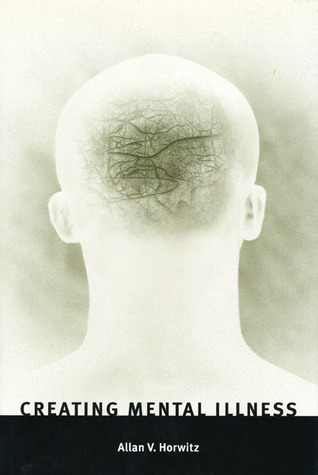What do you think?
Rate this book


315 pages, Hardcover
First published January 15, 2002
George Vaillant observes that borderline and narcissistic personality disorders are usually found only in American cities that have opera houses and psychoanalytic institutes. They are rarely seen in Iowa City or in Mobile and are never present in Tangiers or Bucharest.Where does one begin with this? Is it the case that American cities with opera houses, indicating that they are larger and wealthier than Iowa city and Mobile, would attract not just more psychiatrists which would enable the diagnosis of more people with BPD/NPD, but also contain people with the right sort of outlook and openness towards modern psychiatry to enable themselves to be diagnosed? Is it also the case that American cities with opera houses would contain psychiatrists schooled in the APA's DSMs compared to psychiatrists in Bucharest and Tangiers; and would have people with different methods and cultural outlooks towards not just psychiatry in general but also the specific symptoms of BPD/NPD which affects their help-seeking behavior and approach towards psychiatry in the first place? So, what does NYC/Boston having more BPD/NPD diagnoses than Tangiers/Bucharest even mean or prove the point of? There is a lot of that going on in this book, where even the critique of the current psychiatric paradigm isn't well argued and doesn't address the myriad of confounding variables that impact a clear-cut interpretation.